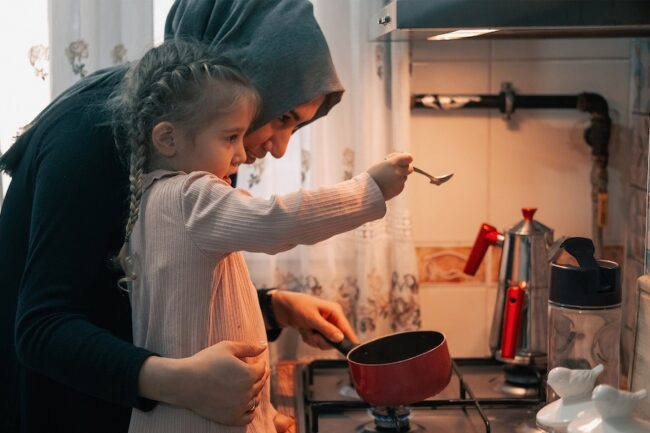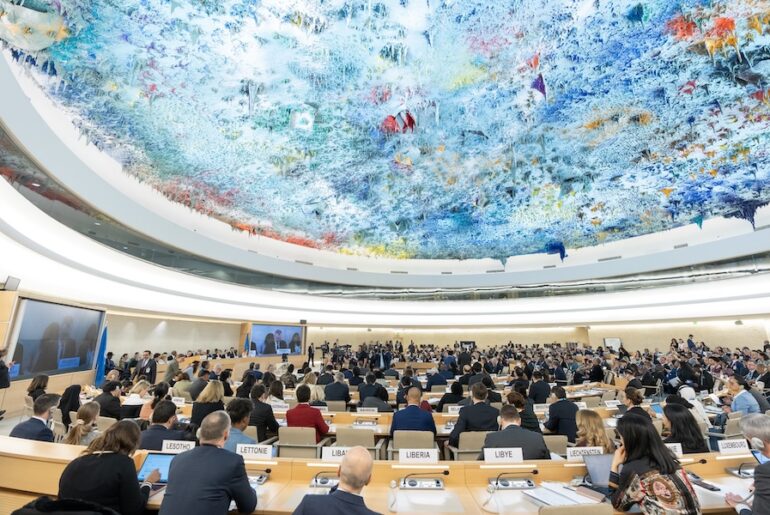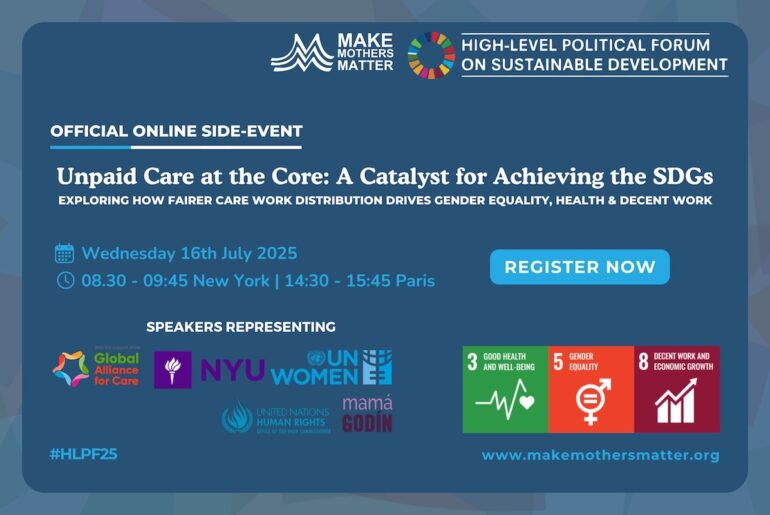Mothers’ Mental Load: The Unpaid (and Unrecognized) Cognitive and Emotional Labour
15.05.22
MMM is delighted to publish a report written by Emma Levrau, a student in Global Health and Social Justice (Master of Science) at Kings College London on the unpaid and invisible cognitive and emotional work that goes hand in hand with the tasks usually carried out by mothers. This report summarizes the research she conducted as part of an internship with us.

Unpaid care work is usually defined as the productive, yet unremunerated, practical work undertaken by an individual predominantly in service of their household. It is usually associated with tangible activities such as taking care of children, sick people, and older persons, or cooking, shopping, cleaning, etc.
However this interpretation fails to take into account the cognitive and emotional dimensions of these practical tasks, and the resulting ‘mental load’. For example, cognitive work relates to planning, overseeing, or ensuring coordination within a household; while emotional work is about managing feelings, caring, or worrying about the wellbeing of family members.
This additional cognitive and emotional work which takes place alongside practical tasks – and which is necessary to perform these tasks – can therefore be understood as the hidden dimensions of unpaid care work.
 In her report, Emma further explains what the mental load is about and the particular challenge it poses for mothers who do the vast majority of unpaid care work. She then discusses the issues surrounding the underlying unrecognized and unpaid cognitive and emotional labour, in particular its impact on maternal mental health, as well as the additional challenges that the advent of telework brings in this area. To move forward, she provides a few recommendations and calls for further research and action.
In her report, Emma further explains what the mental load is about and the particular challenge it poses for mothers who do the vast majority of unpaid care work. She then discusses the issues surrounding the underlying unrecognized and unpaid cognitive and emotional labour, in particular its impact on maternal mental health, as well as the additional challenges that the advent of telework brings in this area. To move forward, she provides a few recommendations and calls for further research and action.
“The topic of the mental load should be made more tangible and explicit throughout households. Failure to bring the mental load into public agendas will continue to leave women and mothers vulnerable.”
Envisioning care as a common thread to global crises
29.07.24
UN New York - Our virtual HLPF side-event brought together experts to shed light on how the various global crises we face (in particular climate change and other environmental crises,
We call for multi-stakeholder approach to recognise and support unpaid care work
21.07.24
UN New York - Participating in the meeting of the UN Economic and Social Council (ECOSOC) on care and support systems, MMM reaffirmed the principle of co-responsibility, which should underpin
The New EU Gender Equality Roadmap : A Call for Inclusion of Mothers
04.03.25
The European Commission’s initiative on a new Gender Equality Roadmap post-2025, marks a significant step forward in addressing gender disparities across the European Union. Make Mothers Matter (MMM








